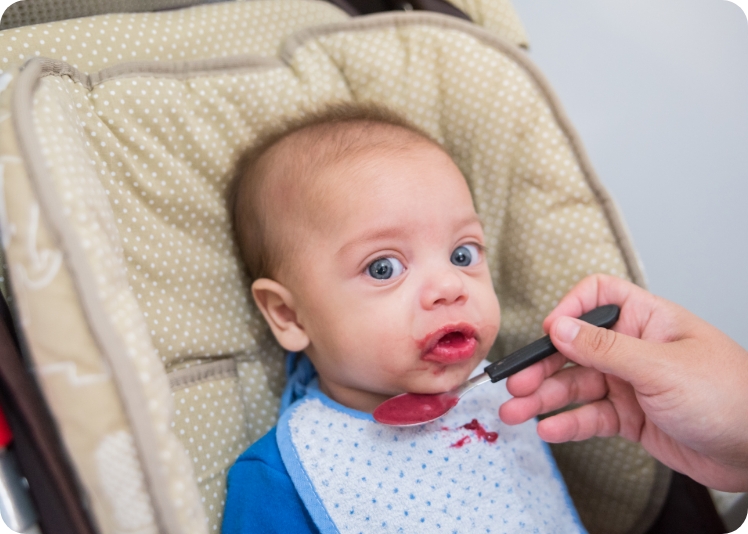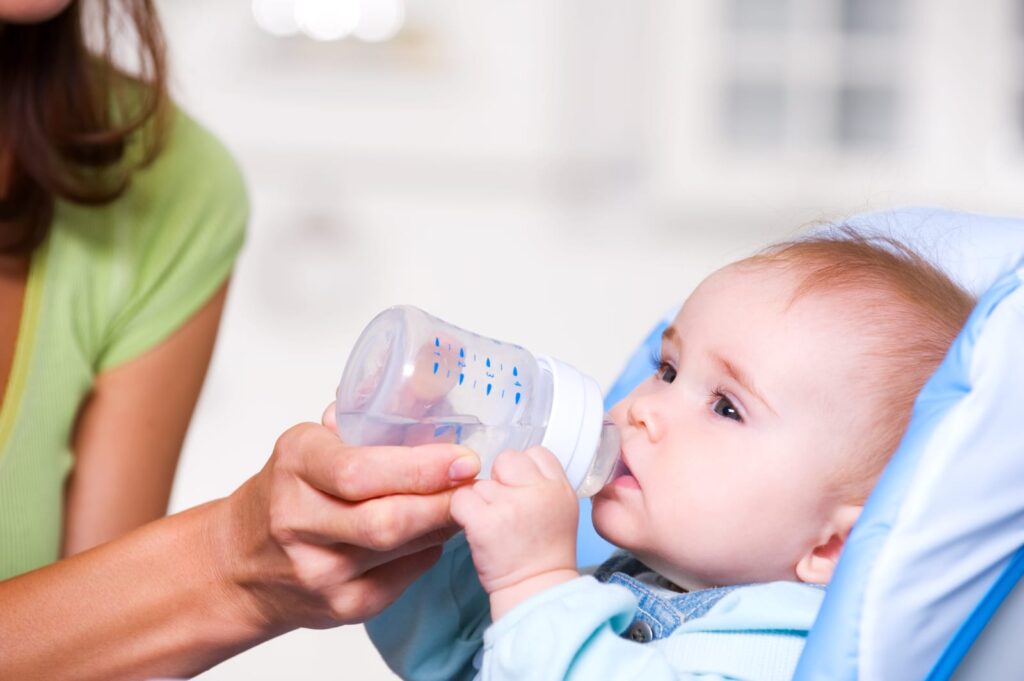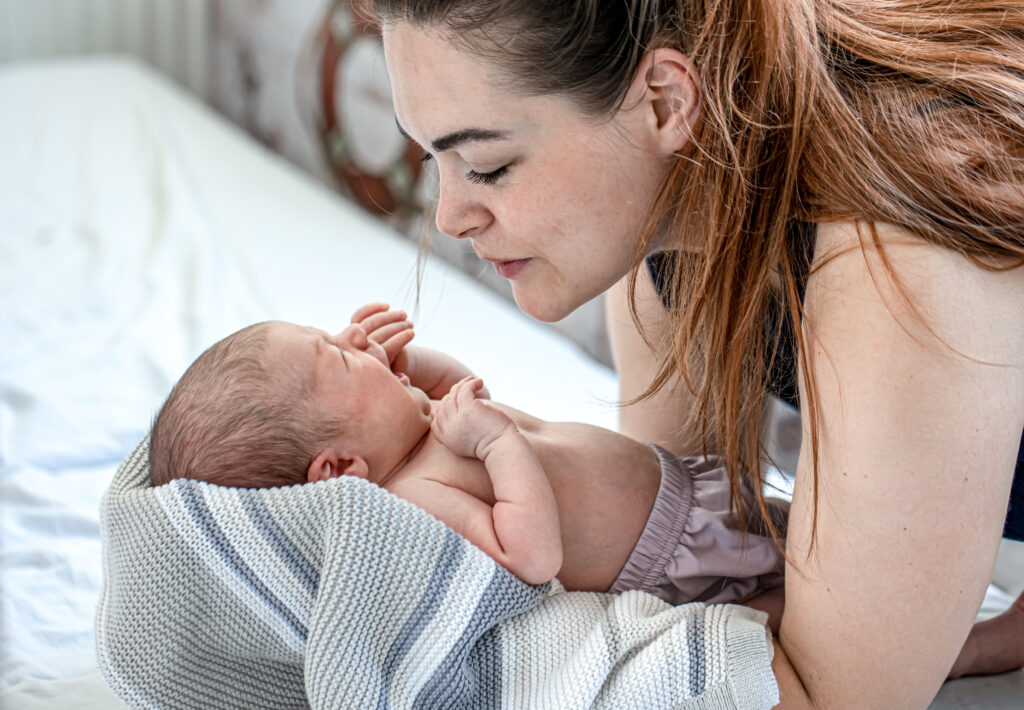In this article:
- What causes babies to spit up?
- What could be the possible reason for your baby’s spit ups?
- What is the difference between vomiting and spitting up?
- How often should you feed your baby when they spit up?
- How to breastfeed your baby when they spit up?
- Tips to reduce baby spit ups.
What causes babies to spit up?
Many infants will spit up a little after some or even all feedings or during burping because their digestive tracts are immature. Spitting up is normal and completely harmless for most infants. If your child throws up or spits up a lot, he or she might have gastroesophageal reflux disease (GERD). This reflux is a result of an immature digestive system and the poor closure of the valve (a ring of muscle) at the upper end of the stomach.
What could be the possible reason for your baby’s spit ups?
Your baby needs to be held upright during and after feedings.
- The nipple makes the milk flow too fast or too slowly.
- Your baby needs more frequent burping.
- Some babies spit up frequently due to a weakness in the valve between the stomach and the esophagus. This common yet harmless condition is called reflux.
What is the difference between vomiting and spitting up?
“Spitting up” is the smooth movement of a baby’s stomach contents through their mouth, sometimes with a burp.
When the flow is strong, it shoots out inches rather than dripping from the mouth, which causes vomiting.
How often should you feed your baby when they spit up?
If your baby is spitting up, wait at least two and a half hours between feedings. The stomach takes that long to empty itself. If you feel your baby has a full stomach, don’t give them additional milk.
What should you do if your baby spits up a little after most feedings?
Keep your baby upright after feeding. Many infants will spit up after some, if not all, feedings. You must not give up if your baby doesn’t like veggies, etc. While it is critical to avoid forcing food on your child, it may take 5–10 attempts before they will eat the vegetable. It’s crucial to keep going!
How to breastfeed your baby when they spit up?
If you have a good milk supply, try nursing on one side per feeding. Pump the other side. Alter the side you start with during each feeding session.
Wait at least 2 hours between feedings. It takes that long for your baby’s stomach to empty itself. Don’t overfeed a baby with a full stomach.
Tips to reduce baby spit ups
Here is what you can do to reduce your baby’s spitting up:
- Maintain your baby’s upright position. Feed your baby from a higher vantage point. After each feeding, spend 30 minutes in a standing position. Avoid using an infant swing or engaging in quick, vigorous play.
- Overfeeding should be avoided. It may be beneficial to feed your baby smaller quantities more frequently.
- Allow time for your infant to burp. Your child shouldn’t get too much air in his or her stomach if he or she burps often during and after each meal.
- Place the infant on their back to sleep. It’s critical to put your baby to sleep on their back to lessen the danger of sudden infant death syndrome (SIDS). It’s not a good idea to put a child to sleep on their stomach to avoid spitting up.
- Try your own diet to see what works best for you. If you’re breastfeeding, your baby’s doctor may advise you to cut out dairy and certain other foods from your diet.
In conclusion
Baby spit-ups are a normal part of your child’s growth. Spitting up is normal and expected after each feed. If your baby spits up after each feeding, you may need to carry extra burp cloths, wipes, and napkins, as spit-ups can be really messy.
What do you prefer to do when your baby spits up? Have you tried any of the tips mentioned above? Let us know your thoughts on this article below!







